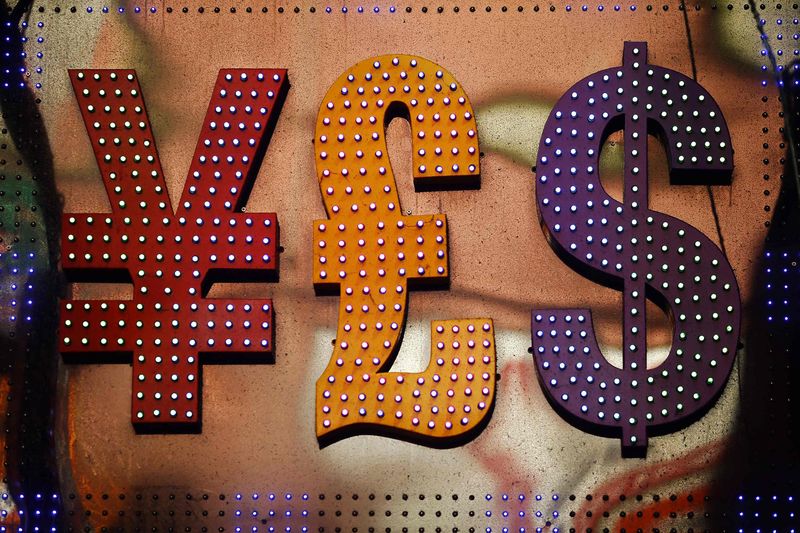* Euro briefly breaks above $1.10 on exit of bearish bets
* Dollar index trims loss on lowest jobless claims since 1973
* IMF warns about Japan's over-reliance on weak yen
* Kiwi jumps after RBNZ cut rate less than some had thought (Updates throughout, changes dateline, previous LONDON)
By Richard Leong
NEW YORK, July 23 (Reuters) - The euro strengthened on Thursday, briefly rising above $1.10 for the first time in a week, as the Greek parliament approved a second set of reforms required to start negotiations with lenders in a bid to avert bankruptcy.
The greenback stalled against other major currencies despite expectations that the Federal Reserve would raise interest rates by year end. The dollar index pared earlier losses on news that domestic weekly jobless claims fell to their lowest level in more than four decades.
Of Athens' latest move towards a bailout, "it's perceived as a positive for the euro. Greece might even be perceived as taking the initiative to revive talks with creditors," Paul Christopher, chief international strategist at Wells Fargo Advisors in St. Louis.
Other analysts downplayed the pop in the euro, as the long-term ability of Greece to stay solvent and keep its membership in the euro zone remains in doubt. ID:nL5N1020XQ
"The market has been short euro. It's not surprising to go through these periodic bouts of (short-covering) squeeze," said Vassili Serebriakov, currency strategist at BNP Paribas in New York.
The euro was last up 0.6 percent against the dollar and yen respectively at $1.0995 and 136.25 yen EUR= EURJPY= .
The greenback pared earlier losses versus the yen after the government said first-time filings for unemployment benefits fell to 255,000 last week, the lowest since November 1973. This supported the view of an improving jobs market that may allow the Fed to raise interest rates as early as September. ID:nL1N10317J
The dollar was little changed on the day at 123.96 yen JPY= , rebounding from a global session low of 123.68 yen.
The dollar index .DXY was last down 0.5 percent at 97.08.
The yen was briefly on the defensive after the International Monetary Fund warned Japan to avoid over-reliance on a weak currency to reflate its economy. The warning also raised doubts whether Japan could reach its long-term 2 percent inflation target after Bank of Japan Governor Haruhiko Kuroda on Tuesday said he expected inflation to accelerate. ID:nB9N0Q600N
Among other major currencies, the New Zealand dollar was the biggest mover after the country's central bank disappointed those who had bet on a larger cut in interest rates and toned down its call for more falls for the kiwi. ID:nL3N1030WA
The kiwi was last up 1.2 percent at $0.6653 NZD=D4 , above a six-year low of $0.6498 set on July 14.
